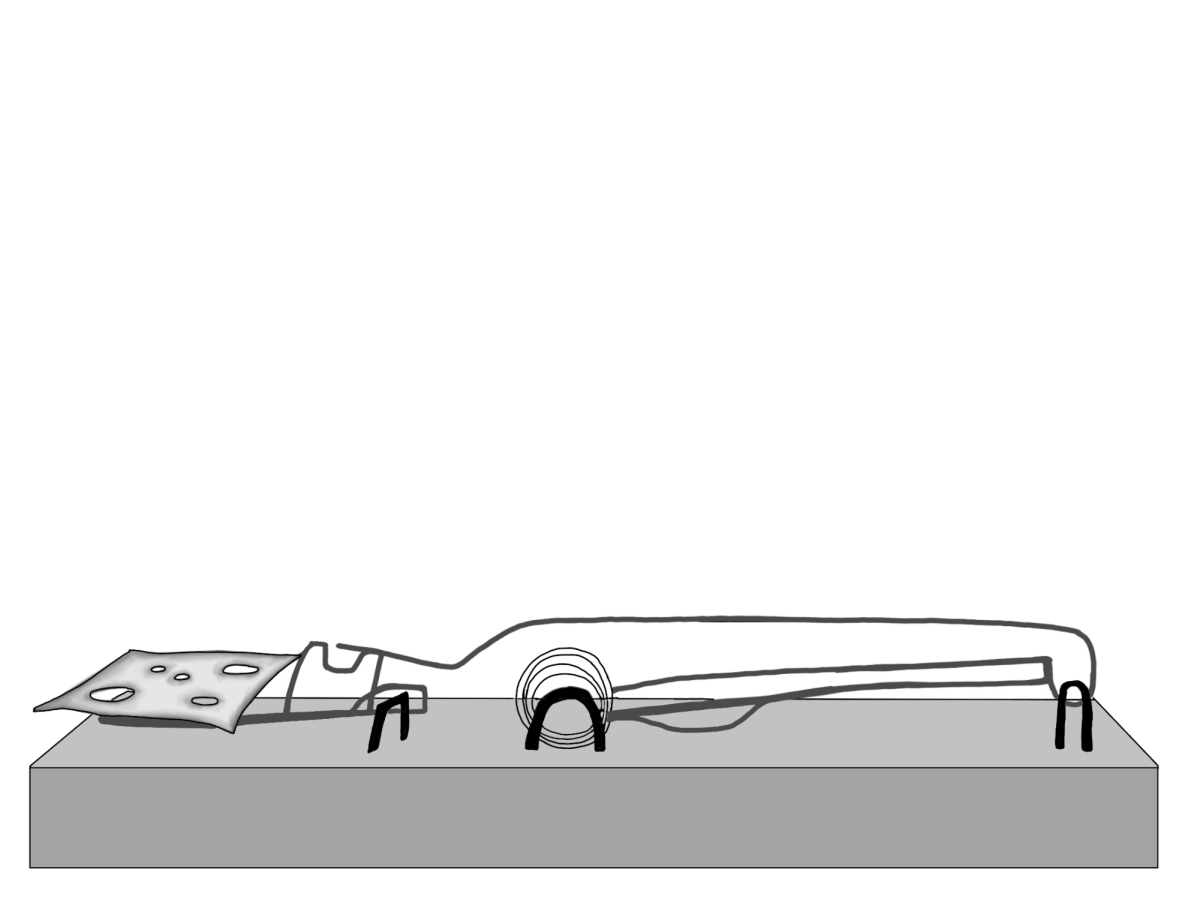Brought to you by…
There are few things in today’s media that annoy me as much or as often as blatant, in your face product placement. Unless you love having products you don’t want thrown in your face like confetti, you likely feel the same way.
Far too often, while watching TV, I see some actor awkwardly holding up a can of Mountain Dew so the label is perfectly in view. The actor, in his “I’ve been paid to say this” voice, will exclaim that “THERE’S NOTHING I’D RATHER DRINK THAN MOUNTAIN DEW.” Later, while I’m watching a movie, another guy will start sipping a Coke and yell, “NOW THAT’S WHAT I CALL REFRESHING.” Sure, I may be exaggerating, but in reality, product placement can often feel just as stiff and awkward.
This seems to be getting worse. While advertisements have always existed, they were usually kept separate from the actual story itself. Is it the greed of the producers that causes so much aggressive advertising, or is it the fact that production costs are soaring higher than ever before? Truthfully, it’s a mixture of both. Take, for example, the Transformers movie series, which exemplifies the problems related to product placement. The 2007 original film had an estimated budget of $150 million. That means, if the movie wasn’t a success, the studios behind it could literally lose millions of dollars. The solution? Allow for product placement so that the money received from advertisers can minimize the risk. The end result was a film that (at times) seemed to be a car commercial, with multiple lingering shots of the brand new Camaro.
Unfortunately, product placement plagues more than just mindless action flicks. Even movies I love suffer from the same problems. The apocalyptic comedy “Zombieland” is full of product placement. Much of the film is dedicated to Woody Harrelson’s character trying to find a Hostess “Twinkie.” While it makes for a wicked funny plot line, the joke would have worked with a generic cookie as well. In fact, it would have worked better because it would have been less distracting for the audience.
As much as product placement annoys me, it serves a purpose. Without this monetary safety net studios may be less willing to spend such an exorbitant amount of money. However, fewer films should be adulterated with this aggressive advertising.




























